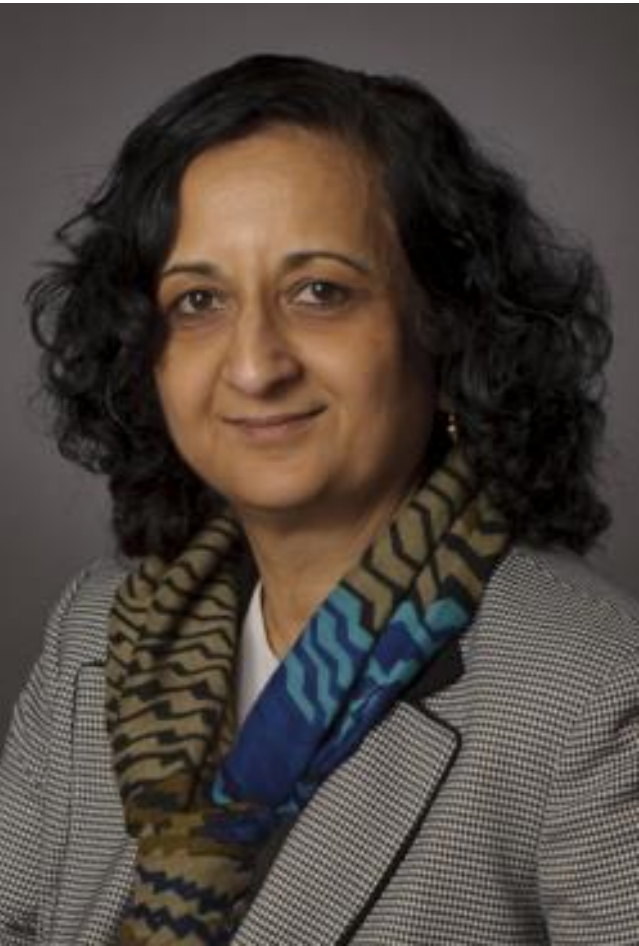Anuradha Annaswamy / Massachusetts Institute of Technology
website
AANNA@MIT.EDU
Title: Distributed optimization, prediction, and privacy preservation in power grids
Date: March 14, 2022
Bio: Dr. Anuradha Annaswamy is Founder and Director of the Active-Adaptive Control Laboratory in the Department of Mechanical Engineering at MIT. Her research interests span adaptive control theory and its applications to aerospace, automotive, propulsion, and energy systems as well as cyber physical systems such as Smart Grids, Smart Cities, and Smart Infrastructures. She has received best paper awards (Axelby; CSM), as well as Distinguished Member and Distinguished Lecturer awards from the IEEE Control Systems Society (CSS) and a Presidential Young Investigator award from NSF. She is a Fellow of IEEE and International Federation of Automatic Control. She is the recipient of the Distinguished Alumni award from Indian Institute of Science for 2021. Anu Annaswamy is the author of a graduate textbook on adaptive control, co-editor of two vision documents on smart grids as well as two editions of the Impact of Control Technology report, and a coauthor of a 2021 National Academy of Sciences Committee report on the Future of Electric Power in the United States. She served as the President of CSS in 2020. She has been serving as a Faculty Lead in the Electric Power Systems workstream in the MIT Future Energy Systems Center since September 2021.
Abstract: With increasing penetration of Distributed Energy Resources (DERs) in grid edge including renewable generation, flexible loads, and storage, it is becoming increasingly important to carry out accurate prediction as well as optimization of distributed generation and consumption. However, systems-centric tasks such as prediction and optimization require data to be communicated, either repeatedly or in large amounts, for accurate and reliable performance. This introduces a challenge in the form of compromises of privacy. With growing presence of DER, owners and stakeholders also increase in number, which underscores the need for ensuring grid performance with privacy preservation. Such privacy preservation is also of interest in the context of retail electricity markets as any optimal market designs should be realized without revealing sensitive information. This talk will address these three systems concepts, of distributed optimization, DER prediction, and privacy preservation. Two methods will be discussed in detail, that will seek to realize the first two properties without compromising the third. The first is a distributed optimization approach based on Proximal Atomic Coordination, which has been implemented in a market context and allows sensitive information to be protected. The second is a distributed machine learning approach, Federated Learning, which has a potential of carrying out DER forecasting using a network of IoT nodes. The talk will encompass theoretical properties of these methods as well as their application to grid specific objectives including economic dispatch in local electricity markets, voltage control, ramp management in duck curves, and load swings. Use case studies include modified IEEE-123 buses with high penetration of DER and realistic load profiles such as the Pecan street dataset.
Learning Materials: Talk Flyer
Interacting Materials:
- Papers
- Videos
- Data
Krankenversicherungsvergleich
